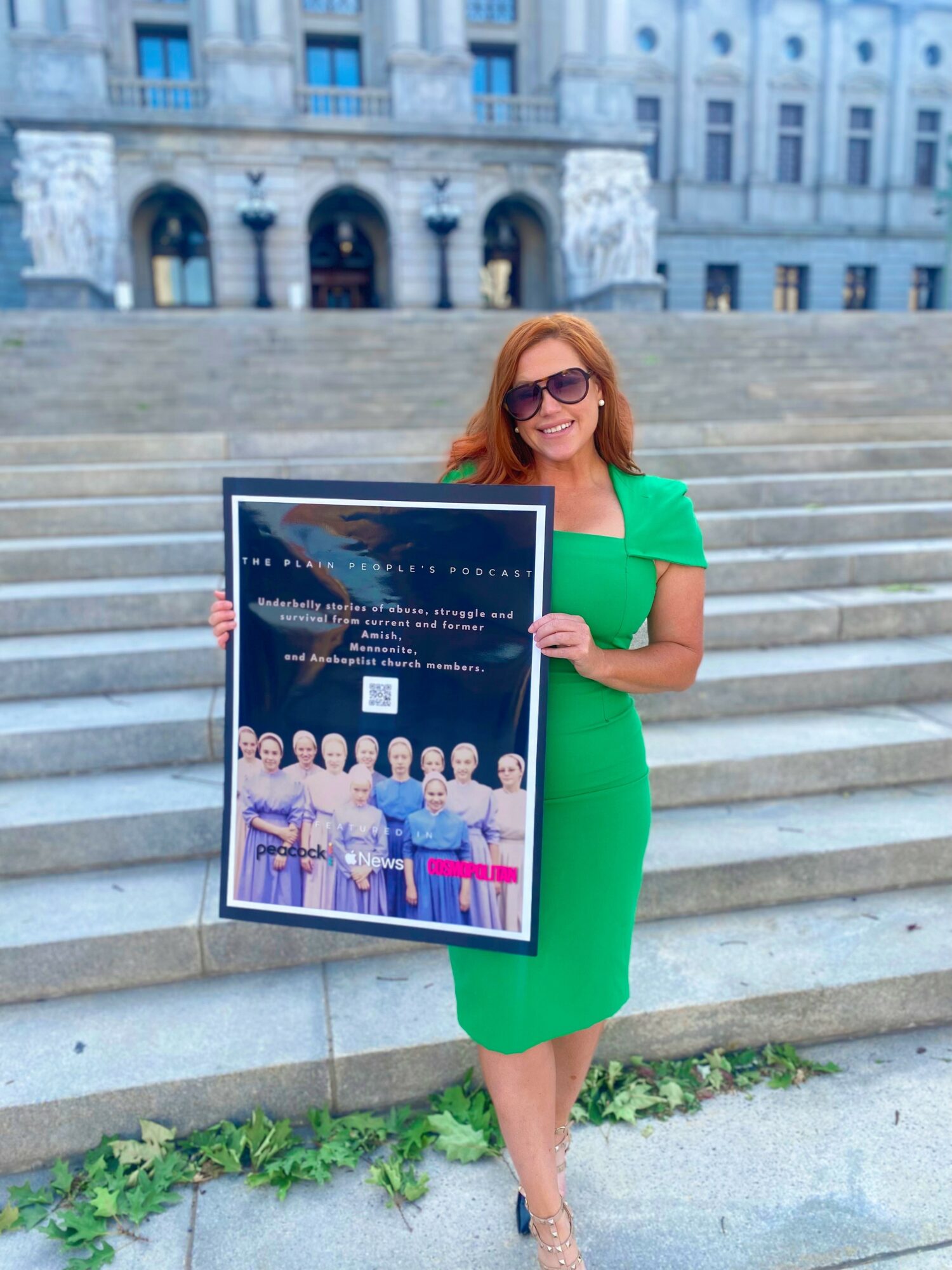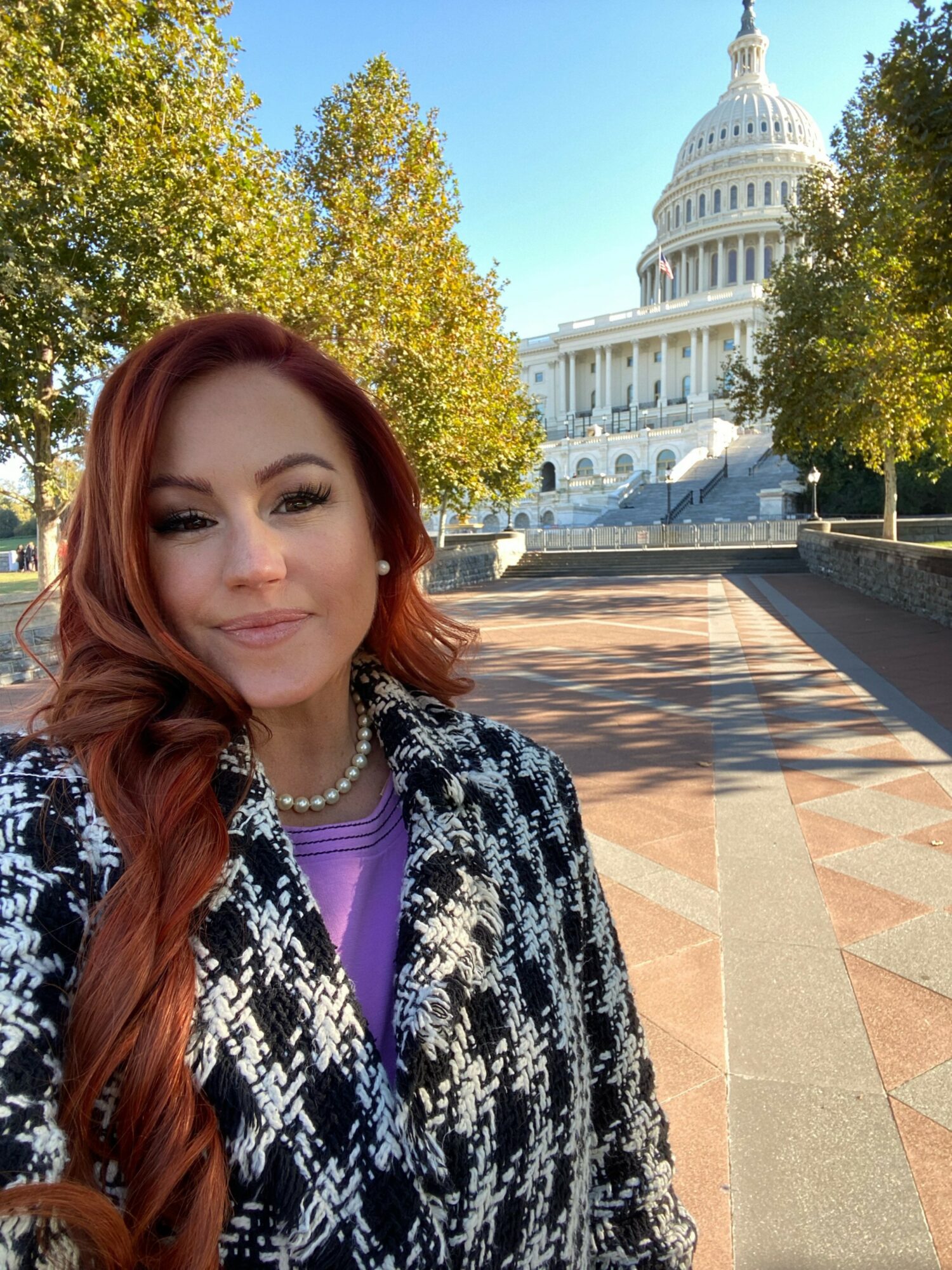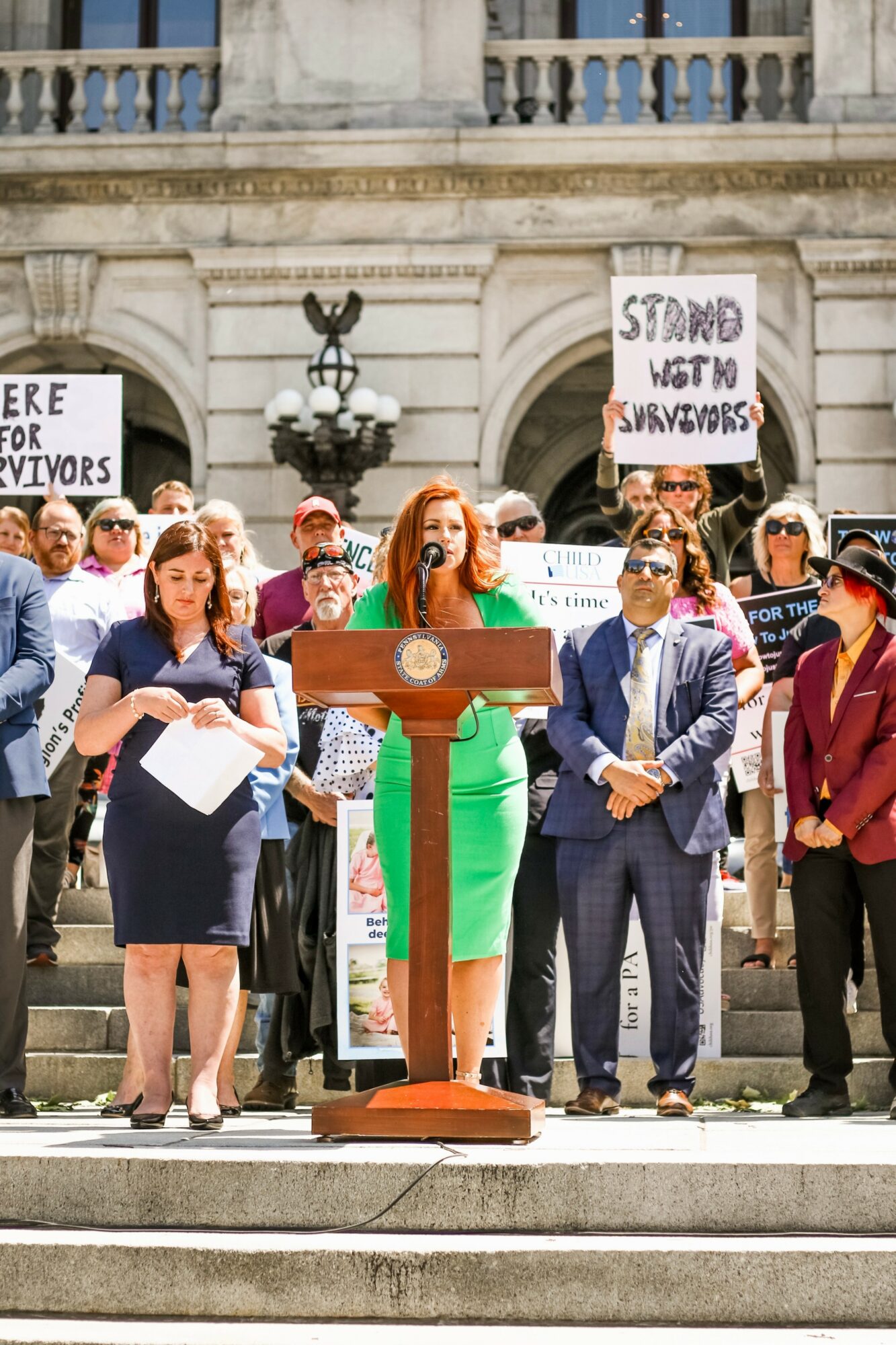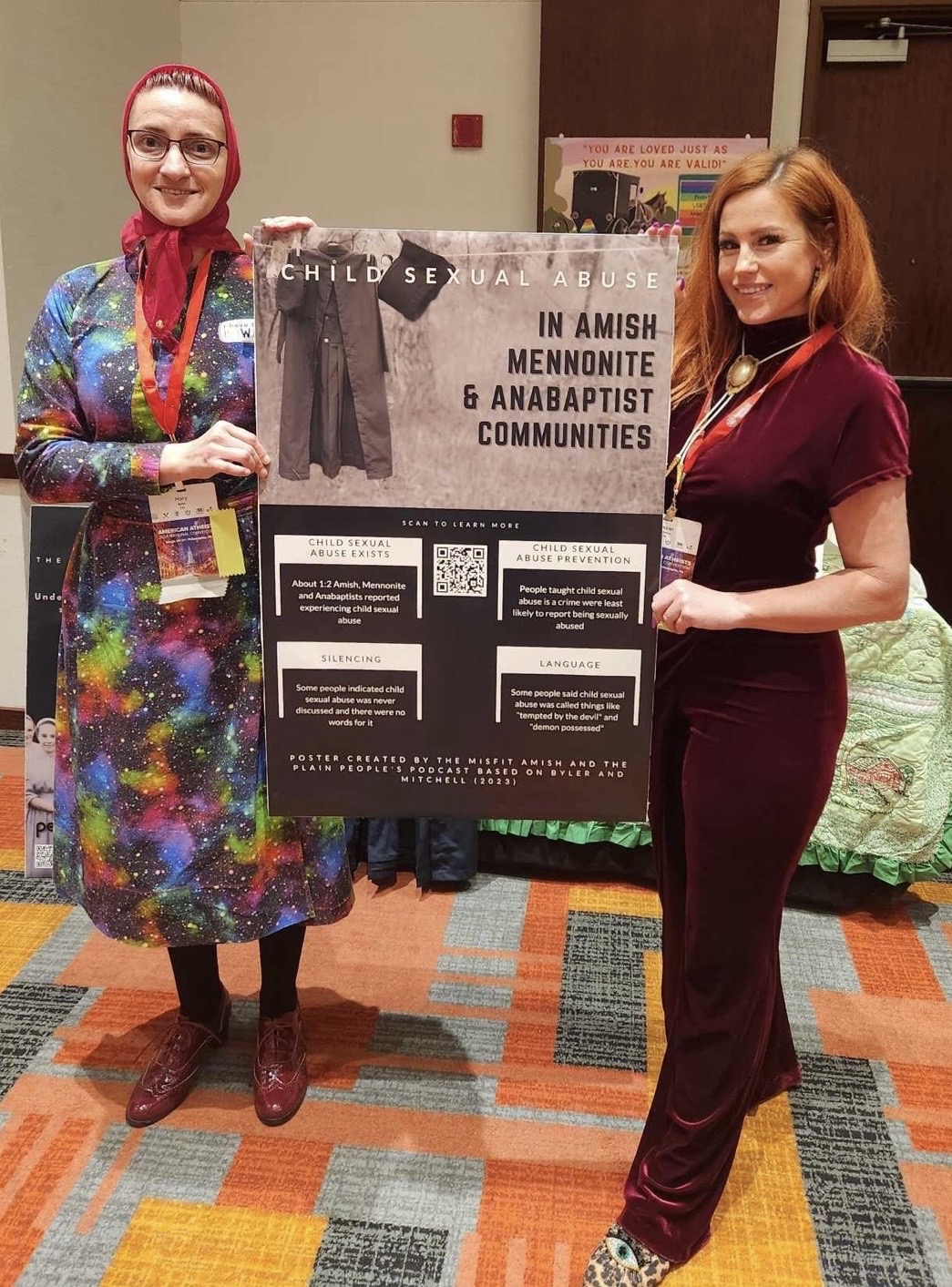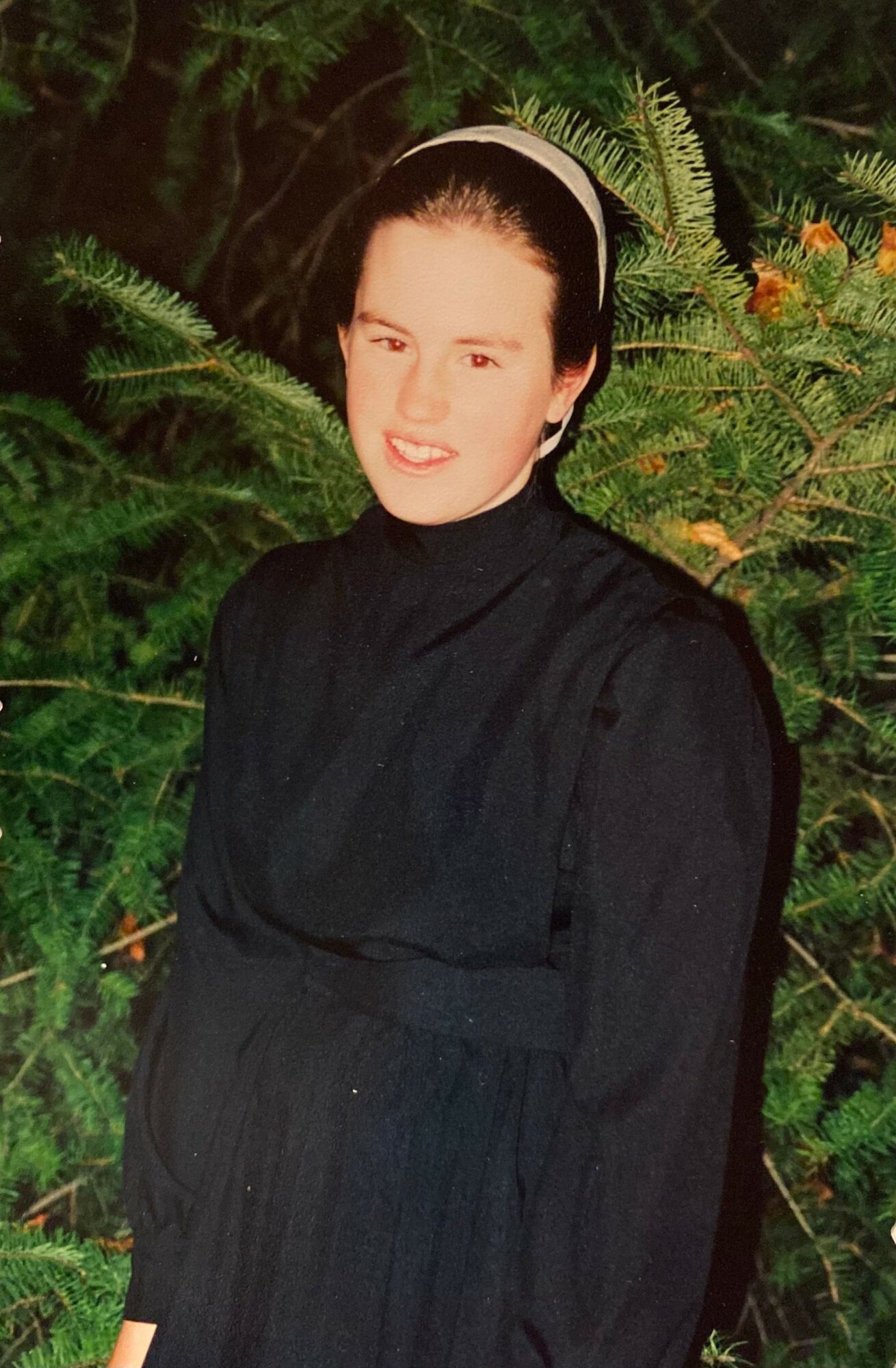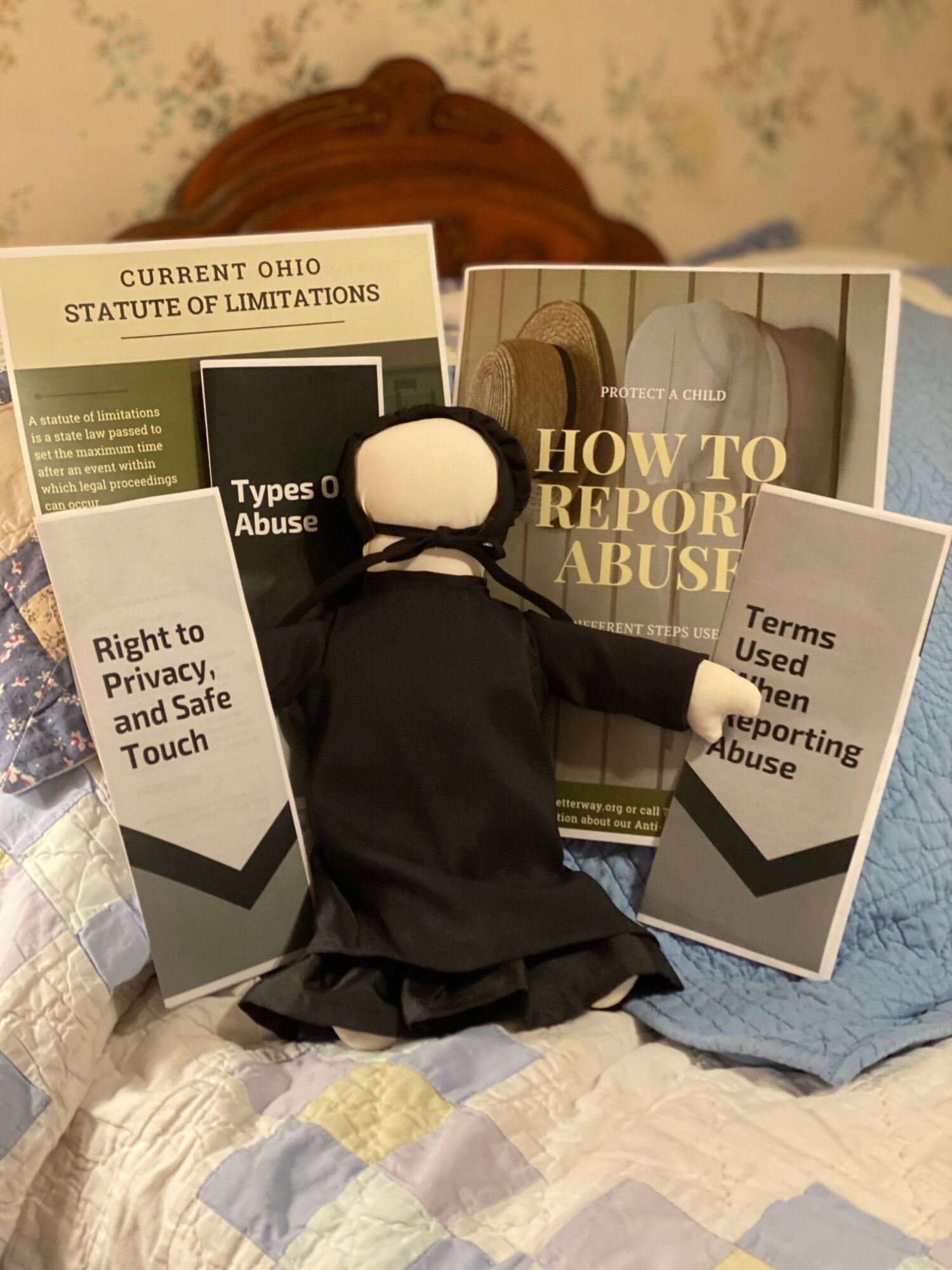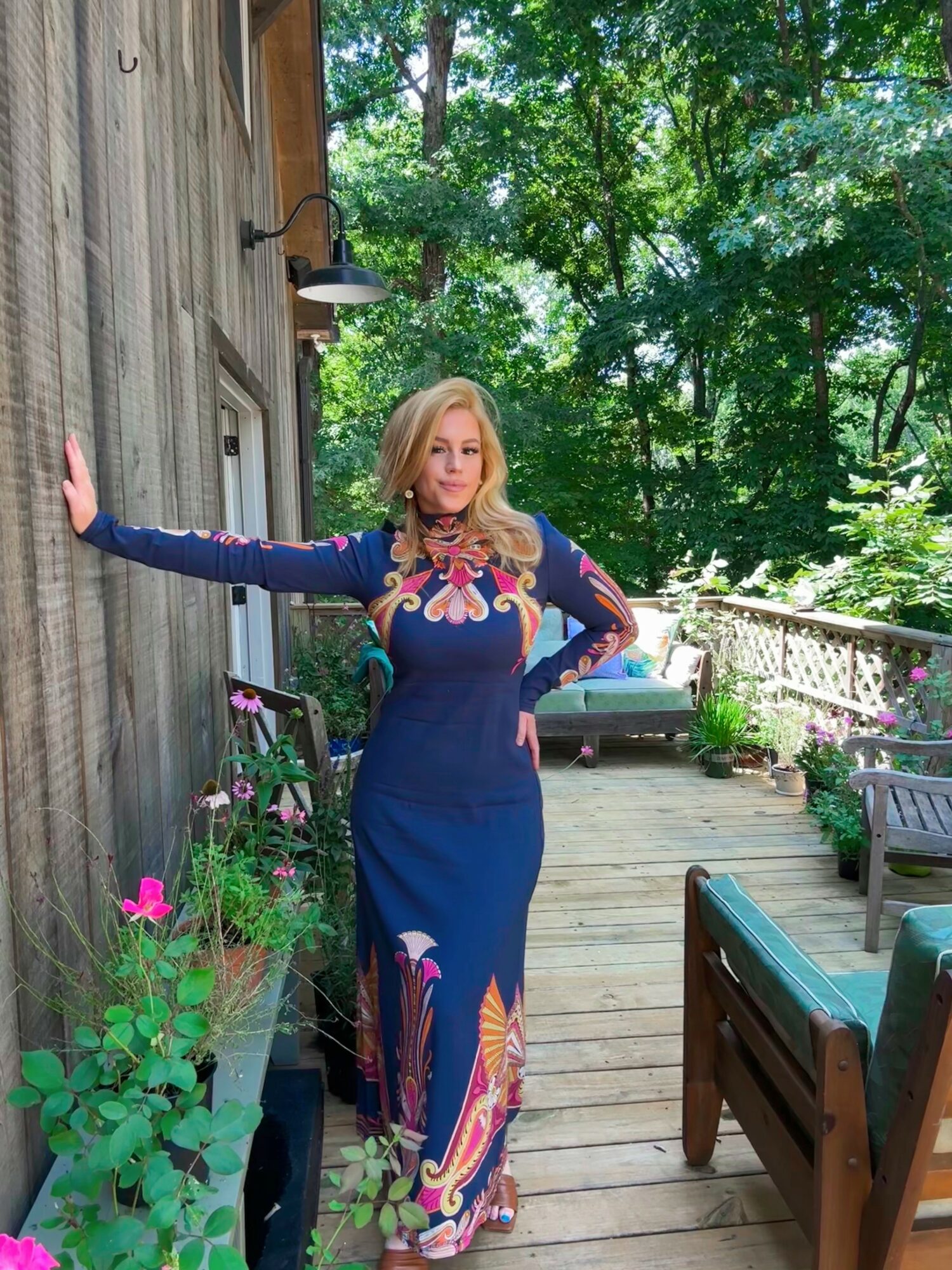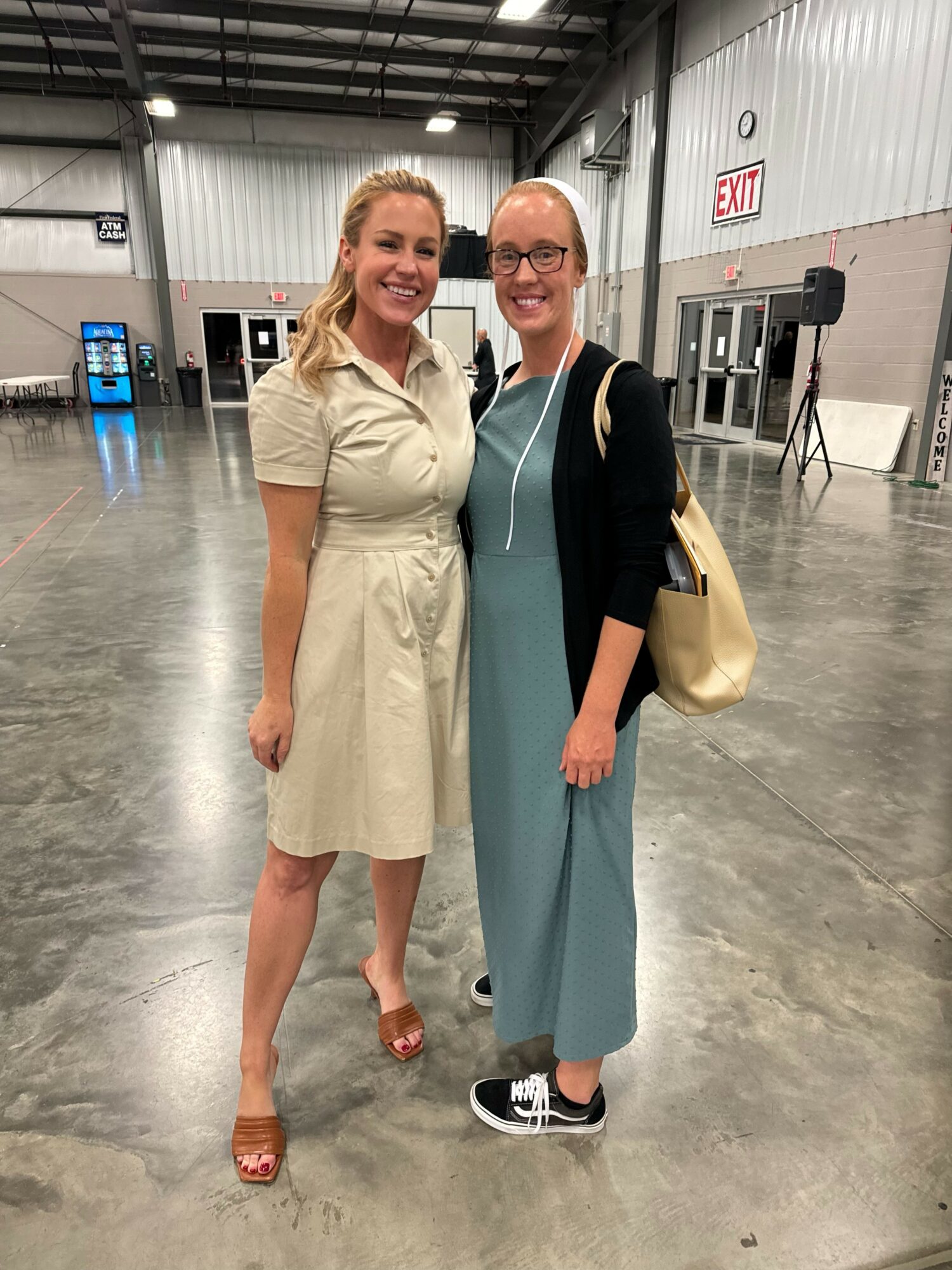

Today we’d like to introduce you to Jasper Hoffman
Hi Jasper, we’d love for you to start by introducing yourself.
A product of the original Trad Wife movement in the early 90s, I began my journey after my parents chose to withdraw from mainstream society and plunge in to the conservative, fundamentalist lifestyle. I was pulled out of public school after 3rd grade and thrust into the high-control, high-demand conservative Mennonite world through the homeschool community in Northern California.
Joining into high control religion from a former agnostic background proved to be challenging, to say the least. I struggled with the new lifestyle and subsequently faced severe repercussions, including long periods of isolation and pyschological abuse. Church leadership threatened expulsion from the community, aiming to send me to a church run unlicenced, unregulated facility for rebellious and troubled women. While my mother stepped in to save me from being sent away, many of my friends were not so lucky and they were scattered to various facilities and homes, marking a punitive effort to punish them for their defiance and loyalty to me.
At the age of 18, I escaped my community with minimal education and faced several years being harassed, threatened and stalked by church members and ministry while she attempted to rebuild her life.
Today, I am internationally recognized for my advocacy against abuse within Amish and Mennonite communities. I emerged as a leading voice in policy reform, amplifying the experiences of Plain survivors to drive systemic change, earning her widespread recognition and support on a global scale through my podcast The Plain People’s Podcast. My work has made international headlines, Cosmopolitan, Apple News and various other media outlets. Collaborating with other organizations I have designed several appropriate non threatening resources for Amish, Mennonite and survivors world-wide.
Featured in the Peacock original documentary Sins of The Amish that aired in May 2022, I have dedicated my efforts to engage the attention of the outside world to create impactful and empowering change for women forgotten within the dystopian confines of religion. My unique perspective allows me to navigate both the Plain world and the broader society, and I see myself as a bridge between these two worlds, adept at translating and advocating for understanding and change on both sides.
Can you talk to us a bit about the challenges and lessons you’ve learned along the way. Looking back would you say it’s been easy or smooth in retrospect?
Deconstructing from a high control, high demand religion has been a profound and challenging journey for me. As I sought education, I faced significant hurdles, particularly in gaining acceptance into college without a foundation in higher math and science—subjects that had been deemed unnecessary in my previous life. Learning to adapt to society involved navigating social interactions and understanding norms that were foreign to me, as I had spent years in an environment where communication was stifled and women’s voices were marginalized. Leaving behind limiting beliefs was an emotional struggle, forcing me to confront ingrained notions of worthlessness and to redefine my identity. As I began to find my voice, I experienced both empowerment and fear; the act of speaking up felt revolutionary yet daunting, as I transitioned from a life of silence to one where I could express my thoughts and opinions freely. This process not only required resilience but also a commitment to embracing my newfound value as a woman with a significant perspective to share.
Can you tell our readers more about what you do and what you think sets you apart from others?
As an advocate for survivors within the Amish and Mennonite communities, I have become a recognized expert on abuse and human rights crimes prevalent in these churches. Despite my upbringing, which taught me to see pride as sinful, I have found a sense of accomplishment in my work. This year, I proudly co-published research on child abuse rates in these communities, and I value my education which I fought so hard for as a testament to my journey toward autonomy in life.
A particularly significant milestone was being the first former Mennonite woman invited to speak at the U.S. Capitol in Washington, D.C., addressing the urgent issue of abuse crimes against women and children in the church. My collaboration with various federal agencies aims to shine a light on how these crimes are often overlooked and inadequately addressed. I take pride in providing survivors with a platform to share their stories, empowering them to reclaim their narratives and effect meaningful change within their communities.
Are there any apps, books, podcasts, blogs or other resources you think our readers should check out?
Over the years I have become quite the student of consuming non fiction books within the psychology niche as well as personal development. Books that I frequently reference are:
The Boy Who Was Raised as a Dog: And Other Stories from a Child Psychiatrist’s Notebook – What Traumatized Children Can Teach Us About Loss, Love, and Healing, by Bruce Perry
No Bad Parts: Healing Trauma and Restoring Wholeness with the Internal Family Systems Model, by Richard Schwartz
Adult Children of Emotionally Immature Parents by Lindsay Gibson,
Loveability: Knowing How to Love and Be Loved by Robert Holden
You Are A Badass by Jen Sincero
Loving What Is Four Questions That Can Change Your Life; By Katie Byron
How to Talk So Kids Will Listen & Listen So Kids Will Talk by Adele Faber
Contact Info:
- Website: https://www.theplainpeoplespodcast.com
- Instagram: https://www.instagram.com/jasper.c.hoffman/
- Youtube: https://www.youtube.com/watch?v=MPBINuH0wxU
